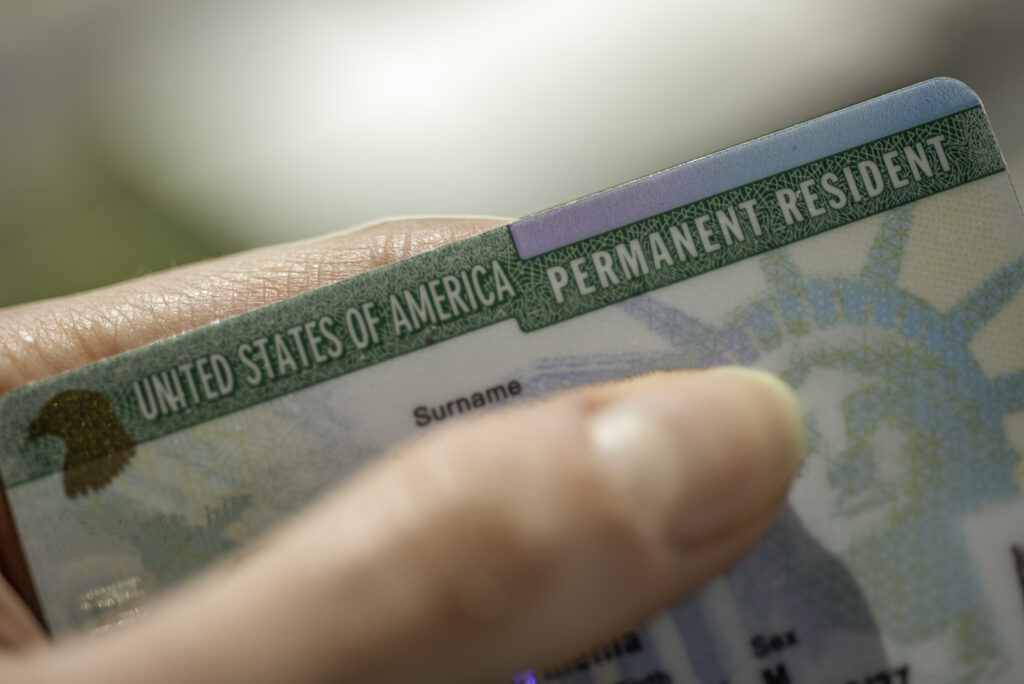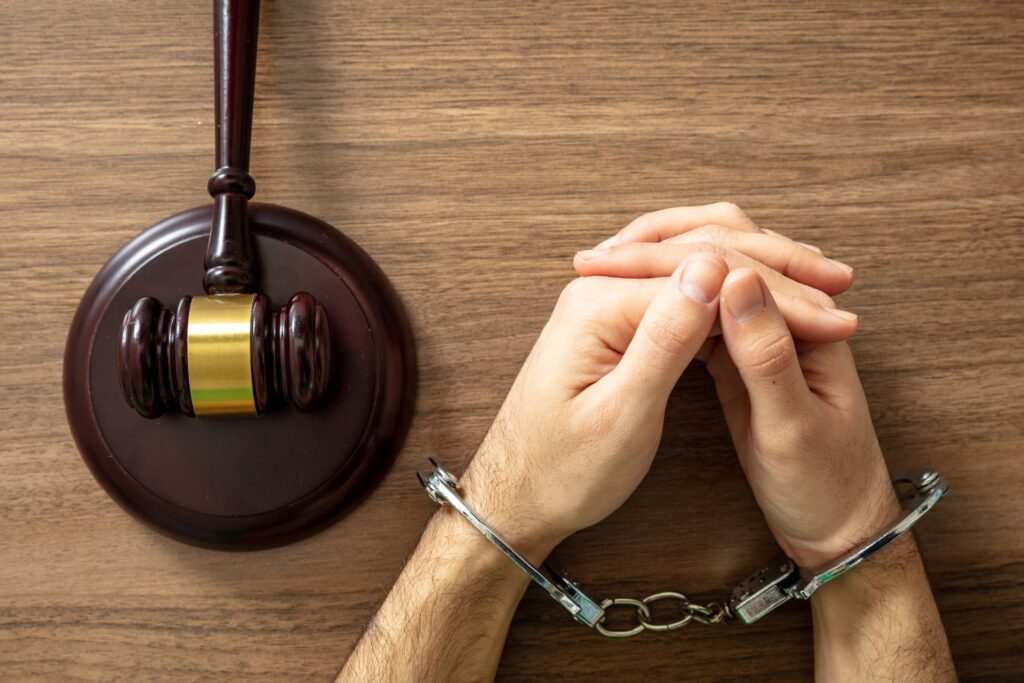If you or someone you know is facing both civil and criminal charges for the same crime, you may wonder how that’s possible and what each type of charge means, as well as how they affect each other. Read on to learn what this all means.
Can Someone Face Charges in Civil and Criminal Courts at the Same Time?
In a nutshell, yes. Civil and criminal charges can stem from the same case and be pursued simultaneously. That’s because they have different standards and are handled differently in the individual courts.
What Are the Differences Between Civil and Criminal Charges?
There are some key differences between civil and criminal charges.
- The burden of proof. This is one of the most significant differences. In a criminal case, a jury must be convinced beyond a reasonable doubt or at or near 100% certainty. That means the prosecution has an enormous burden in that proof beyond a reasonable doubt can be difficult, especially when it comes to convincing multiple jury members. In contrast, civil cases require only a preponderance of evidence or at least 51% certainty that the defendant (the person charged with the crime). That means only proving something is more likely than not. The prosecution only has to prove that the defendant likely committed the crime, not that there’s no level of doubt.
- The people who initiate civil and criminal cases are different. State or federal attorneys and prosecutors launch criminal proceedings. The victim starts the civil proceeding. Of course, the victim is part of the criminal proceeding as well, but they don’t initiate the proceeding; that’s the prosecutor’s role.
- Criminal allegations make up criminal proceedings. That means the court determines whether or not the defendant committed a crime.
- Civil proceedings focus on the victim’s damages. In civil cases, the victim sues the defendants for injuries and losses that resulted from the crime.
Because both types of court proceedings are complex and vary in terms of how they’re handled and potential outcomes, working with an experienced defense attorney is highly recommended.
Isn’t it Double Jeopardy When Someone Faces Charges in Both Civil and Criminal Court?
There’s a legal concept in the U.S. known as double jeopardy. It’s addressed in the Fifth Amendment to the U.S. Constitution and protects people in every state in three ways:
- People can’t be tried for the same crime after once being acquitted of it.
- They can’t be sentenced to multiple punishments for the same crime.
- They can’t receive double convictions for the same crime.
The key words in all three situations is “same crime.” How a crime is defined causes exceptions to the double jeopardy clause, including:
- Civil vs. criminal, in which the crimes are pursued differently (as discussed above) because the criminal charges are pursued toward proving someone committed a crime. In contrast, civil charges are pursued toward proving the defendant caused someone else injuries or losses.
- State and federal courts. Someone can be acquitted of a crime in state court, but federal courts can then try the case separately.
Multiple states. When a crime was committed in such a way that it crossed state lines (such as kidnapping or drug trafficking), charges can be pursued in any state involved. However, only the states involved can pursue charges, not individual cities or counties.
What Are the Consequences for Criminal and/or Civil Convictions?
Charges in both civil and criminal cases can lead to significant consequences, even life-changing, depending on the severity of the charges. While each case is unique and will have different outcomes, these are some of the punishments that could be assigned if someone is convicted in a civil or criminal case in Massachusetts.
Civil conviction consequences: Potential jail time and/or fines.
Criminal conviction consequences:
- Fines range from a few hundred dollars to tens of thousands of dollars.
- Criminal records. Criminal convictions go onto someone’s criminal record, which in Massachusetts can last for three years after the conviction date or after prison or jail time, whichever is later for misdemeanors or seven years after the conviction date or prison or jail time, whichever is later, for felonies. This can affect everything from applying for jobs, loans, housing, or school.
- Jail or prison time. How long the sentence is depends on the severity of the crime. It may be a few months with early release for good behavior and assignment of parole, and it can be for the defendant’s lifetime without parole.
- Death penalty. While Massachusetts does not use the death penalty (the maximum sentence is life in prison without the opportunity for parole), if a crime crosses state lines and the death penalty is applicable in another state, it could be sentenced there.
Should I Work with a Criminal Defense Attorney for a Civil Suit?
Absolutely. Even though the burdens of proof are different for criminal and civil cases, they both require the same in-depth knowledge and case preparation to avoid either type of consequence (as described above).
What Should I Do if I’m Facing Both Civil and Criminal Charges for the Same Crime?
Call Toland Law, LLC, at 857-347-3701 to request a free consultation. These can be complex cases that benefit from having knowledgeable defense attorneys working on your behalf. Because they’re different types of charges with different levels of proof required for each, and each type of charge can lead to life-changing negative consequences, it’s valuable to have experienced attorneys working on the case from both angles.










